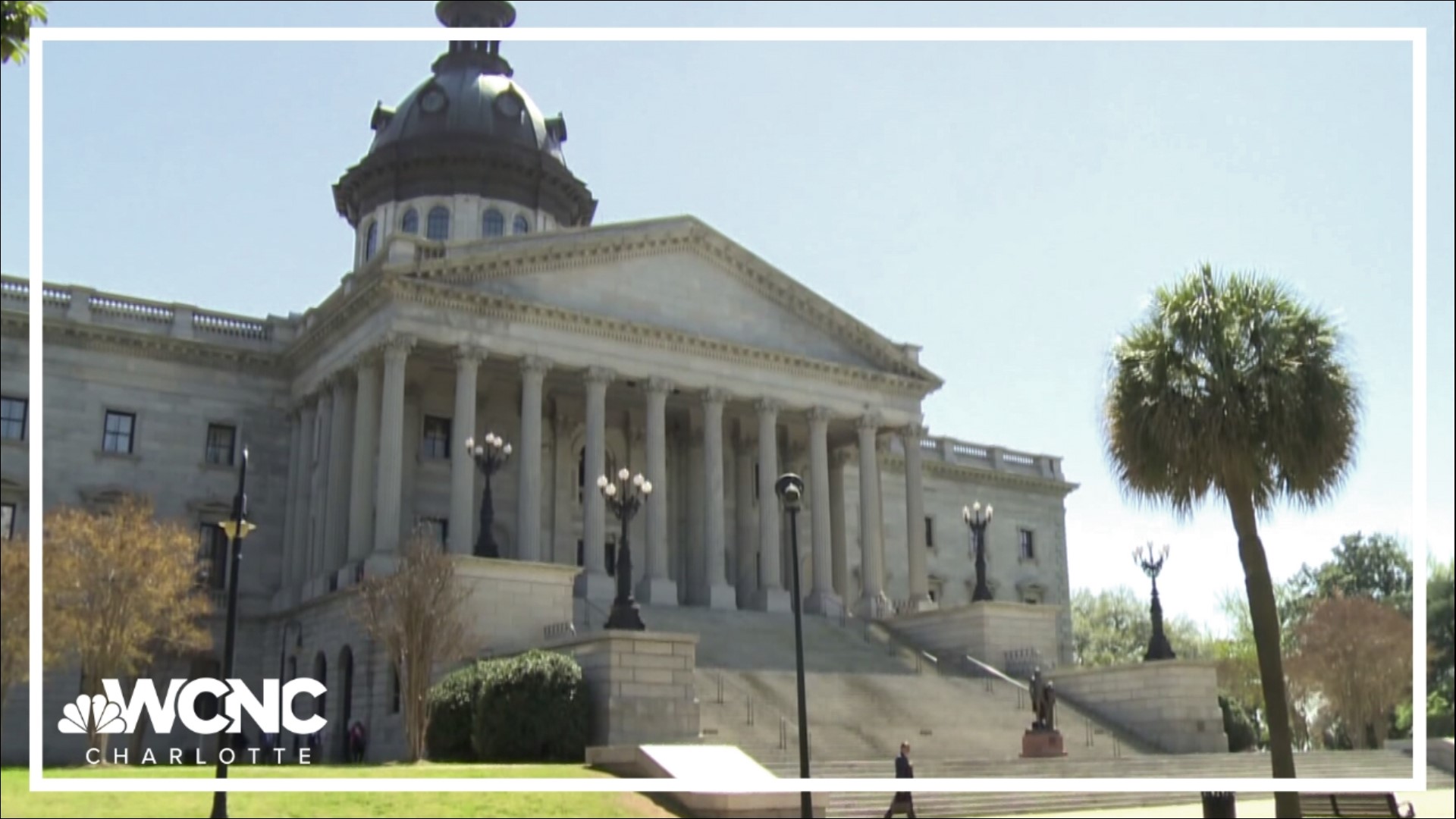COLUMBIA, S.C. — The United States Supreme Court is set to hear arguments Wednesday regarding the redistricting of South Carolina's First Congressional District. The case centers around allegations of racial gerrymandering, with civil rights groups arguing that the district lines were drawn in a way that diluted the power of Black voters in the Charleston area.
This legal battle comes months after a federal three-judge panel ruled that the district's boundaries were intentionally manipulated, disadvantaging Black voters.
South Carolina's First Congressional District, currently represented by Republican Nancy Mace, underwent a significant redrawing in 2020 following the release of the US Census data. The new map fragmented Charleston County voters between the First Congressional District and the Sixth Congressional District, currently held by Jim Clyburn, the sole Democrat in the state's congressional delegation.
Civil rights organizations quickly responded by filing a lawsuit against the Republican-controlled state legislature, asserting that they had chosen "perhaps the worst option of the available maps" for Black voters.
Lynn Teague, a spokesperson for the League of Women Voters, contended that the new district lines were designed to secure GOP control.
"That leads to campaigns that appeal to primary elections, not to the broader general electorate. That means campaigns that are more extreme because a lot of folks don’t show up to primaries,” said Teague.
Notably, Republican Nancy Mace narrowly won the First Congressional District by just over 1 percentage point in 2020. However, following the redrawing of the district boundaries, she secured victory by a margin of 14 percentage points in the November election.
However, Republican legislators have a different perspective. They maintain that the redrawing of the district was motivated by partisan considerations rather than race. Attorney John Gore, representing the lawmakers, wrote in a brief, "This evidence establishing the political and race-neutral explanation for District 1 is the end of the case."
Voting rights groups argue that this case transcends a single congressional election in South Carolina. Teague emphasized, "Black voters are being hurt, but all voters are being hurt. All voters are not having their community being accurately represented."
The civil rights groups are hoping the Supreme Court upholds the lower court ruling.
"This is a really fundamental case involving voting and ensuring that everybody's vote counts," said ACLU Communication Director Paul Bowers. "Was this a racial gerrymander? We believe the evidence is abundantly clear that it was."
Attorneys involved in the case have requested a ruling by January, enabling state lawmakers to either adopt or redraw the congressional maps in time for the 2024 congressional elections.
Recent Supreme Court rulings have addressed redistricting and gerrymandering cases in Alabama, Louisiana, and North Carolina.

